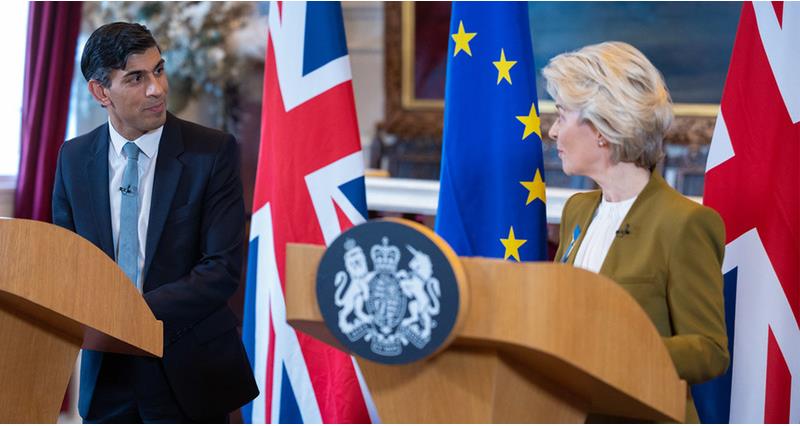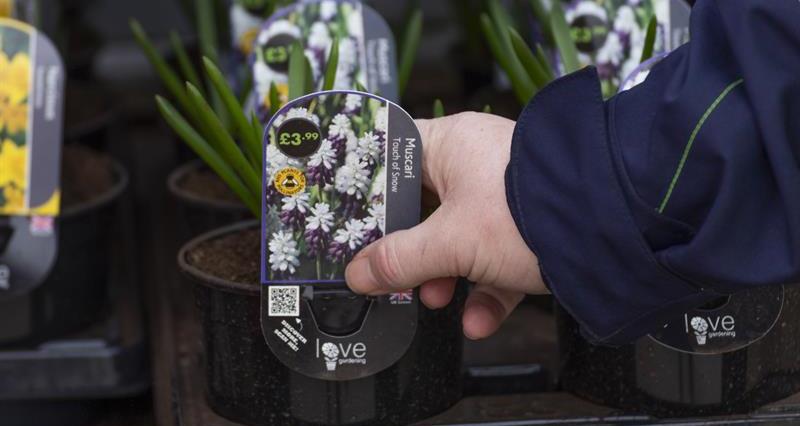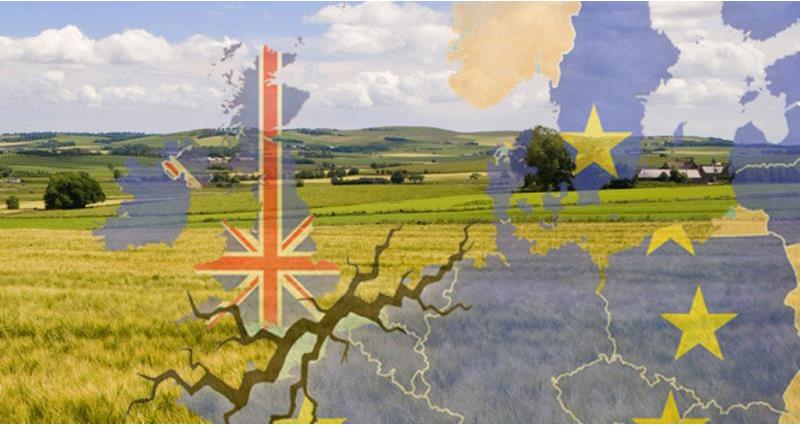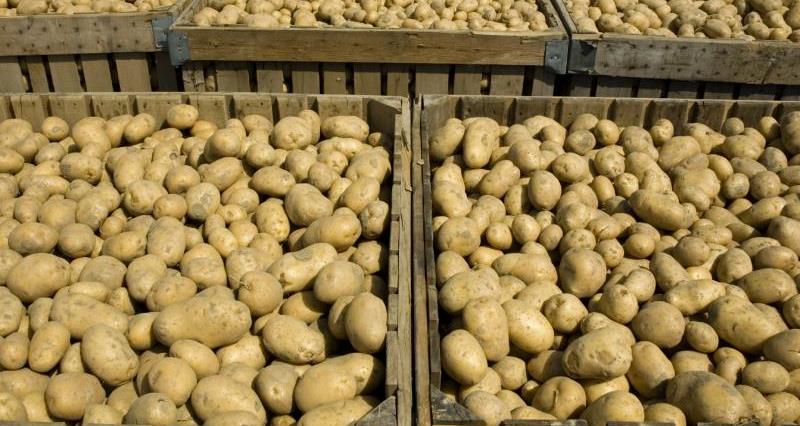The Northern Ireland Protocol was agreed by former Prime Minister Boris Johnson and has been in force since 1 January 2021 as part of the UK’s post-Brexit negotiations.
For farmers, this meant that goods entering Northern Ireland from Great Britain, including live animals, were required to undergo checks to meet EU sanitary and phytosanitary controls. The import and export of plants and plant products between the UK, the EU and Northern Ireland were also subject to changes.
The newly agreed Windsor Framework would, if made into law, look to reduce the number of checks on goods entering Northern Ireland from Great Britain.
NFU President Minette Batters has said the NFU would look through the detail of the new agreement and that it “welcomes progress on agreeing a long-term arrangement that ensures smooth trade in agri-food between Great Britain and Northern Ireland”.
3 big steps forward
The NFU's team of international trade experts will be producing a comprehensive briefing on what the new changes mean; this is what we know so far:
1. Smooth flow of trade
Goods destined for Northern Ireland will travel through a new green lane with a separate red lane for goods at risk of moving on to the EU.
Having a green lane will mean burdensome customs bureaucracy will be scrapped, hundreds of certificates for food retailers, wholesalers and hospitality outlets avoided per lorry, and an end to situation where food made to UK rules cannot be sold in Northern Ireland.
The NFU understands that there will be a global certificate to accompany goods for retail per lorry load (electronic and automated) and not requiring vet or plant health officer attestation.
2. Changes to excise and VAT rules
“We welcome progress on agreeing a long-term arrangement that ensures smooth trade in agri-food between Great Britain and Northern Ireland.”
NFU President Minette Batters
British trees, plants and seed potatoes will once again be available in Northern Ireland’s garden centres and farms.
The agreement also covers a landmark settlement on medicines including novel ones. There has been no mention of veterinary medicines which has a current grace period in place, due to end in 2025. The VMD (Veterinary Medicines Directorate) will be working together with Defra on the next steps for this.
The scope of the changes to excise and VAT rules will cover farmers too; senders and receivers will need to register with DAERA (Department of Agriculture, Environment and Rural Affairs) as professional operators.
3. The Stormont brake
The only EU law required under the Framework is the minimal necessary to avoid a hard border with Ireland and to allow Northern Irish businesses to continue to access the EU market.
To address concerns about being forced to accept future changes to EU good laws, there will be a new Stormont brake that goes further and means that EU law can be stopped from applying in Northern Ireland.
If changes to EU goods rules are made in the future then the brake can be pulled with a veto.
New agreement marks a ‘turning point’
NFU Director of Trade and Business Strategy Nick von Westenholz outlined what this agreement could mean for farmers on Farming Today.
Minette expressed her hope that the Windsor Framework will “act as a turning point to establish a more constructive trading relationship between Great Britain and the rest of the EU”.
“This deal should help overcome some of the practical issues which have arisen from how the Northern Ireland Protocol has been implemented so far, such as costly certification, physical inspections and even the prohibition on trade in certain products such as seed potatoes,” she concluded.





